In today's cosmetics market, plastic has become a common packaging material. However, the quality of plastic materials and the integrity of packaging have a crucial impact on product quality and consumer satisfaction. Below, we will explore in detail how to inspect plastic cosmetic packaging and establish quality standards.
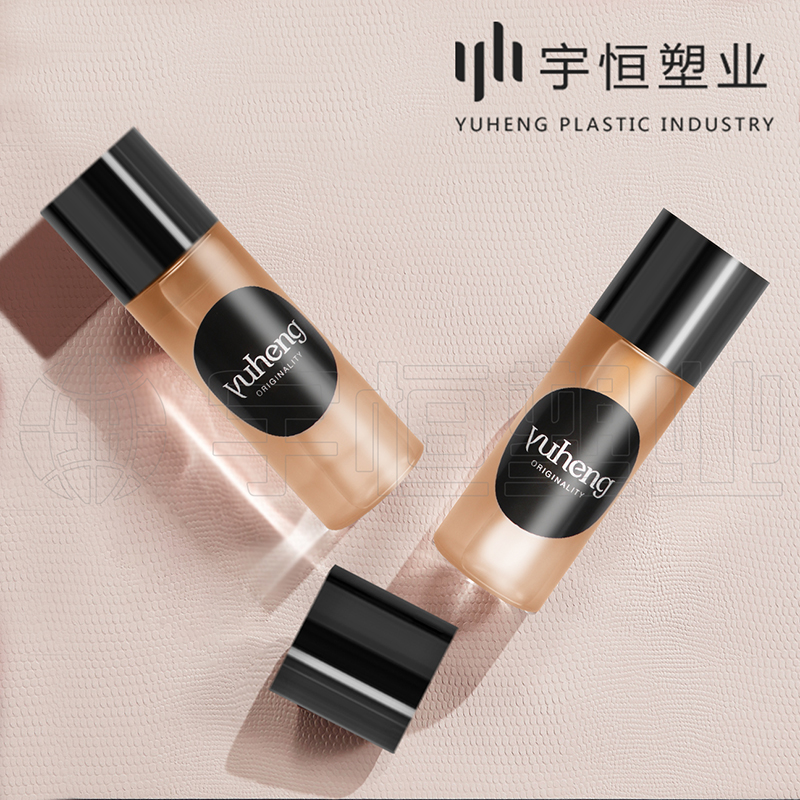
1、 Plastic cosmetic packaging inspection
1. Packaging integrity
Firstly, we need to ensure that the packaging of the product is not damaged or leaking. This requires us to carefully inspect the plastic bottles or packaging bags for cracks, scratches, or deformation. At the same time, it is also necessary to ensure that the bottle cap or sealing film is not broken or contaminated.
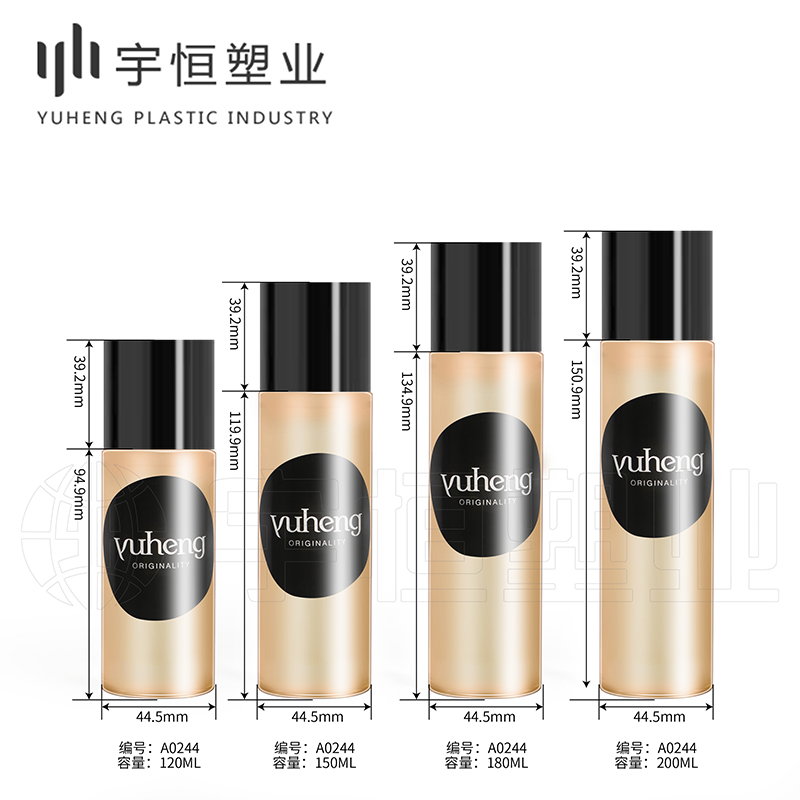
2. Label specifications
The label should be clear, easy to read, and contain necessary product information, such as ingredients, method of use, production date, and shelf life. The language on the label should be concise, clear, and easy to understand. In addition, it is necessary to check whether the stickiness of the label is sufficient and whether it can firmly adhere to the bottle.
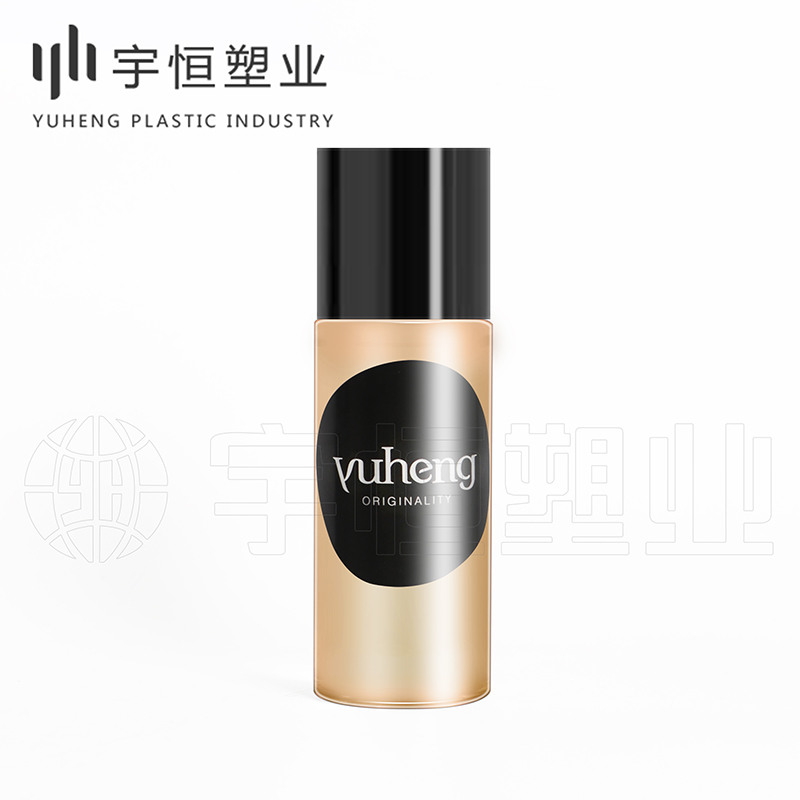
3. Plastic material selection
For the selection of plastic packaging materials, priority should be given to recyclable and degradable materials to reduce their impact on the environment. At the same time, it is also necessary to ensure that the selected materials do not have any adverse effects on the composition of the cosmetics.
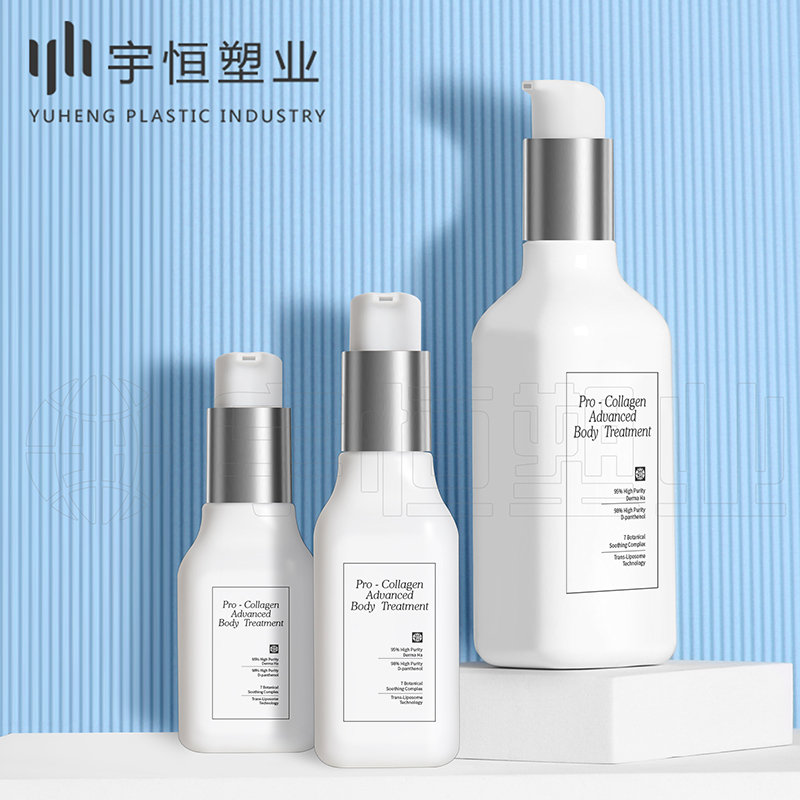
4. User friendliness
Consider whether the packaging is convenient for users to use. For example, some plastic bottles have a bottleneck design that is too narrow, making it difficult for consumers to pour out the product. We should optimize the design to provide a better user experience.
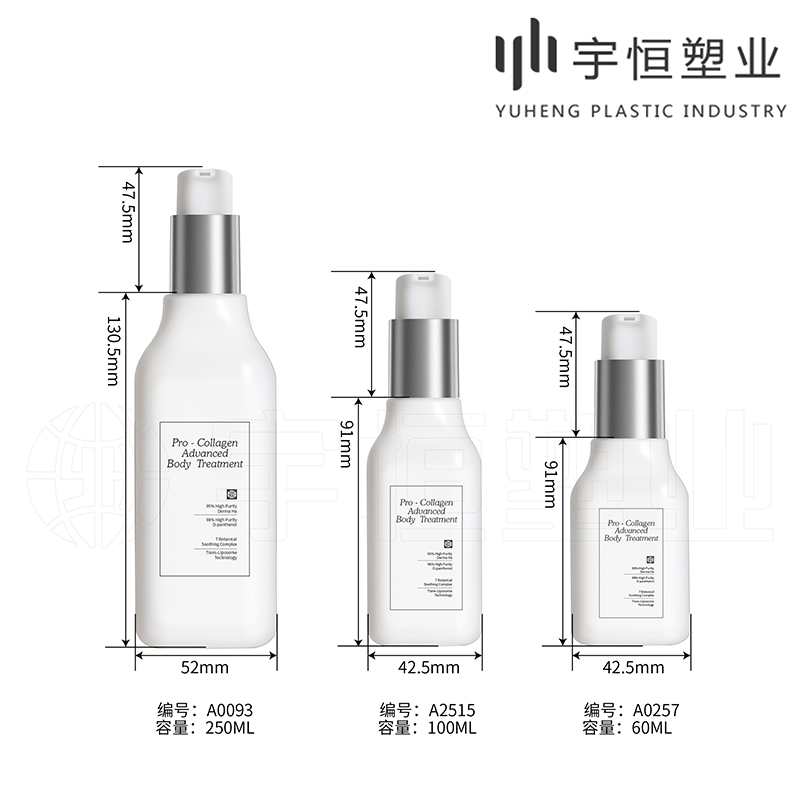
2、 Quality standard for plastic cosmetic packaging
1. Quality of plastic materials
Plastic materials should be non-toxic and odorless, and comply with relevant regulations and standards. In addition, the material should have sufficient strength and durability to maintain its integrity during normal use.
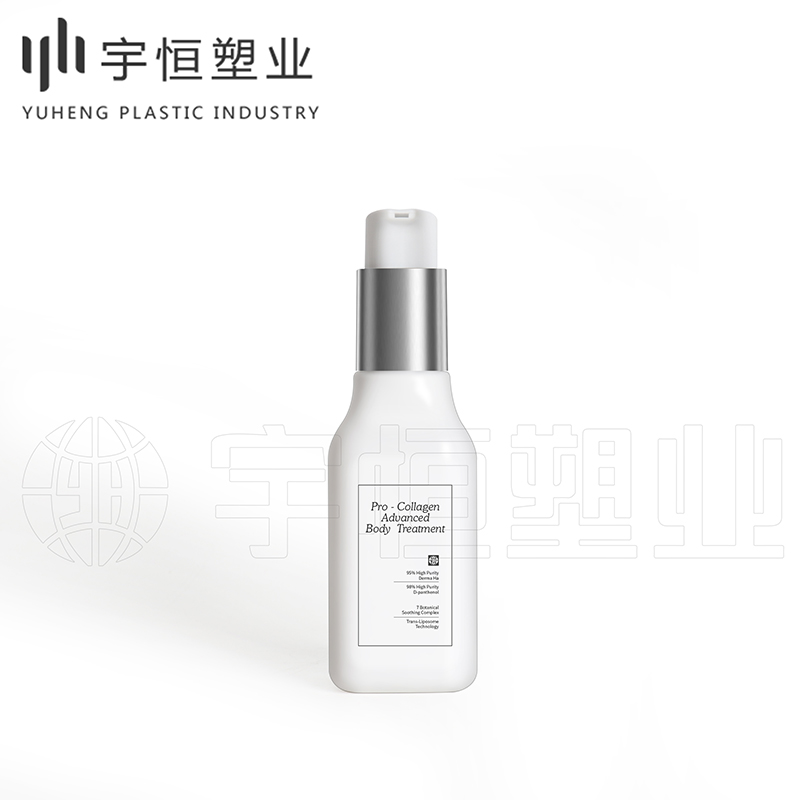
2. Sealing performance
Plastic cosmetic packaging should have good sealing performance to prevent product leakage or contamination. The sealing performance of the bottle cap or sealing film can be determined by checking its tightness and the sealing of the bottle body.
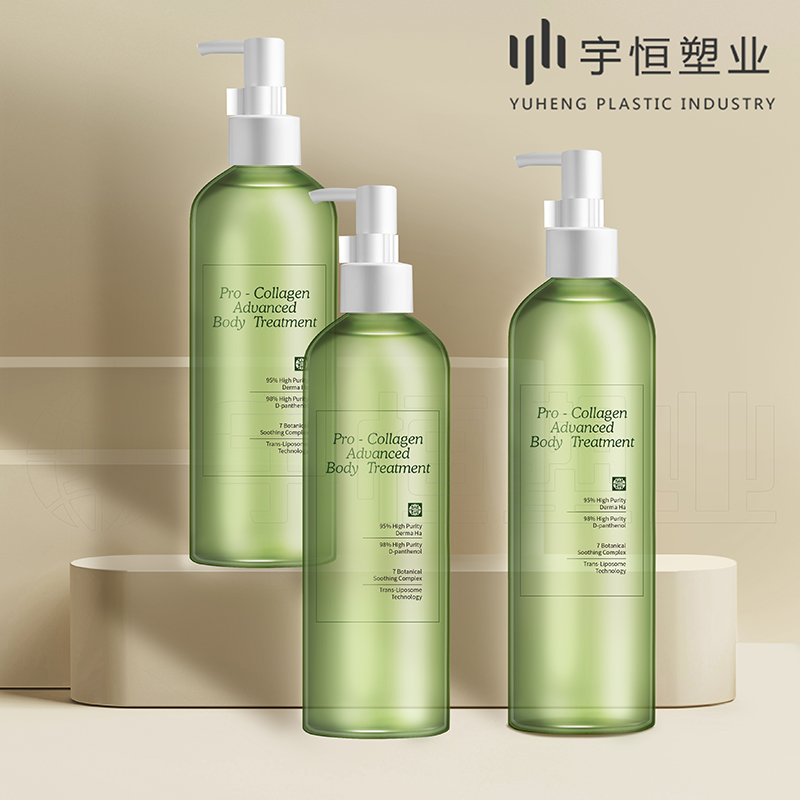
3. Barrier performance
Plastic packaging should have sufficient barrier properties to prevent product components from coming into contact with the external environment, thereby maintaining product quality and stability.
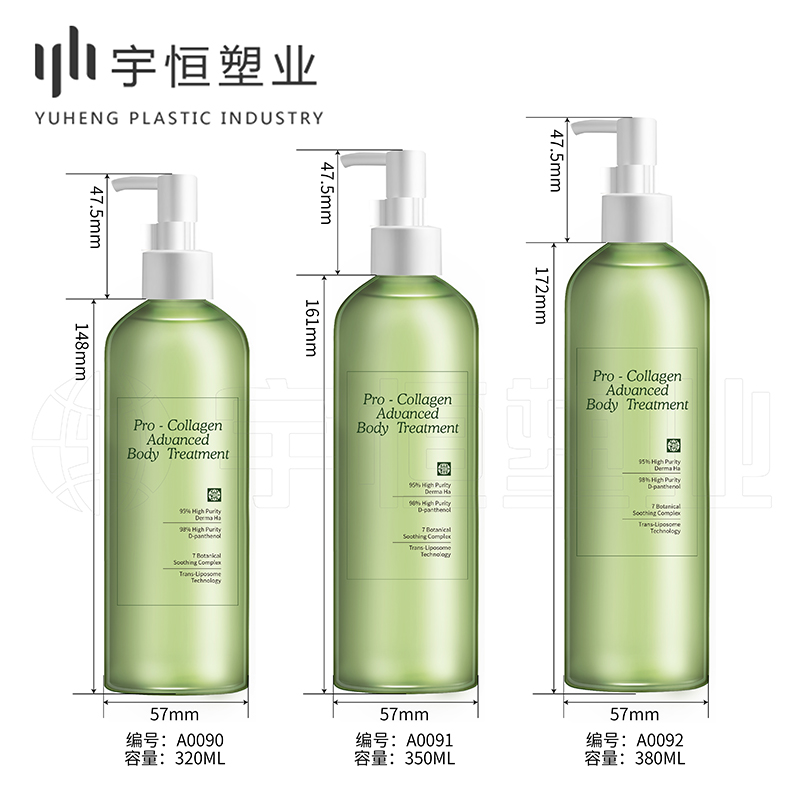
4. Heat resistance performance
Plastic packaging should be able to maintain stability within a certain temperature range without deformation, cracking, or degradation. In high-temperature environments, its quality can be evaluated through thermal stability testing.
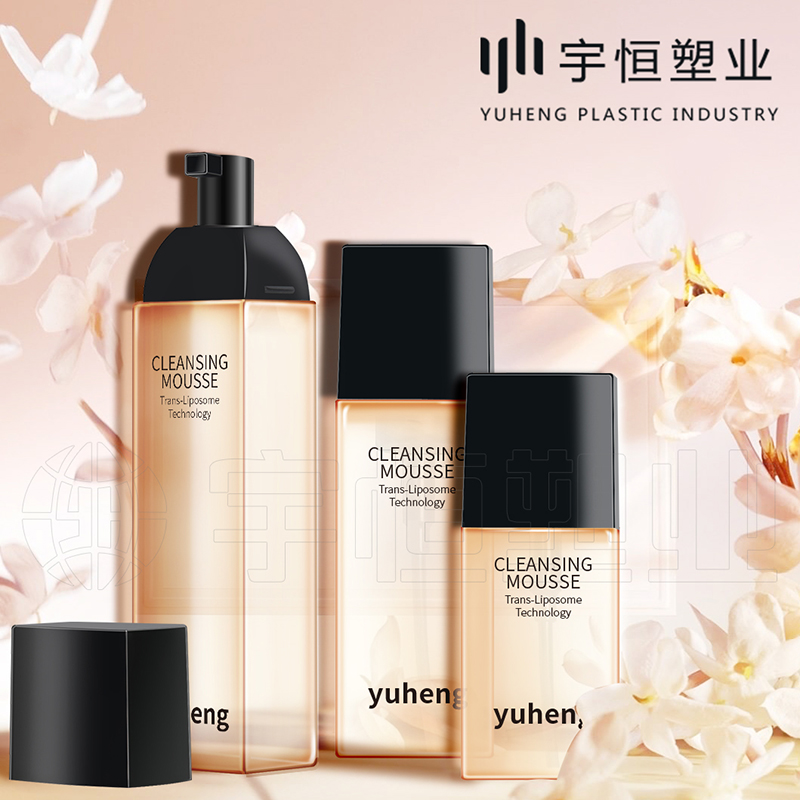
5. Cold resistance
Plastic packaging should be able to maintain stability in low temperature environments. In cold regions or extreme weather conditions, it is necessary to conduct cold resistance tests on plastic packaging to ensure its quality.
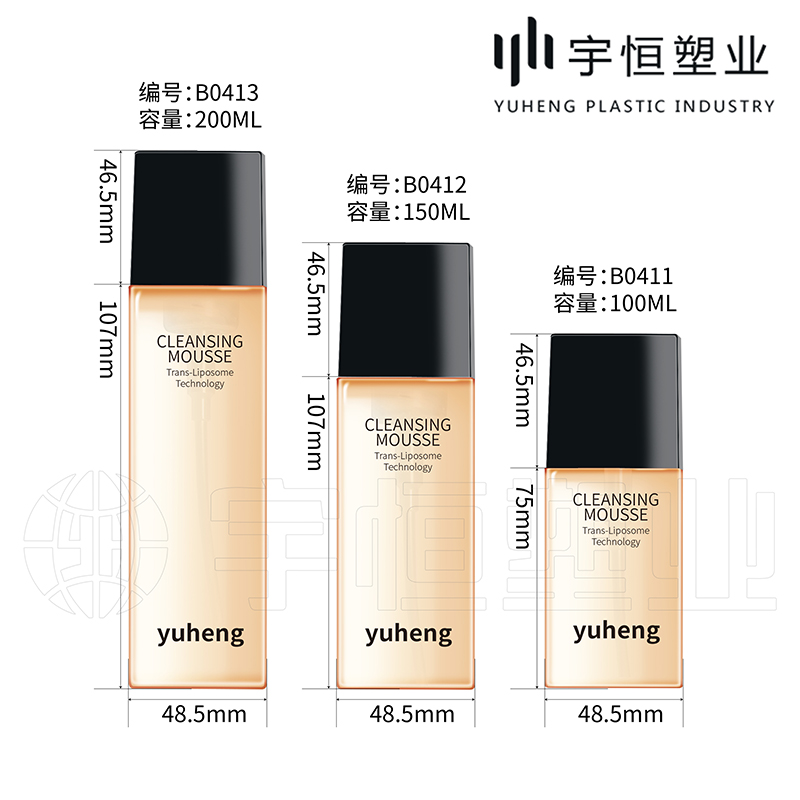
6. User experience
Packaging should take into account user experience, such as portability, easy opening, and ease of use. When designing packaging, consumers' needs and usage habits should be fully considered to provide a more convenient user experience.
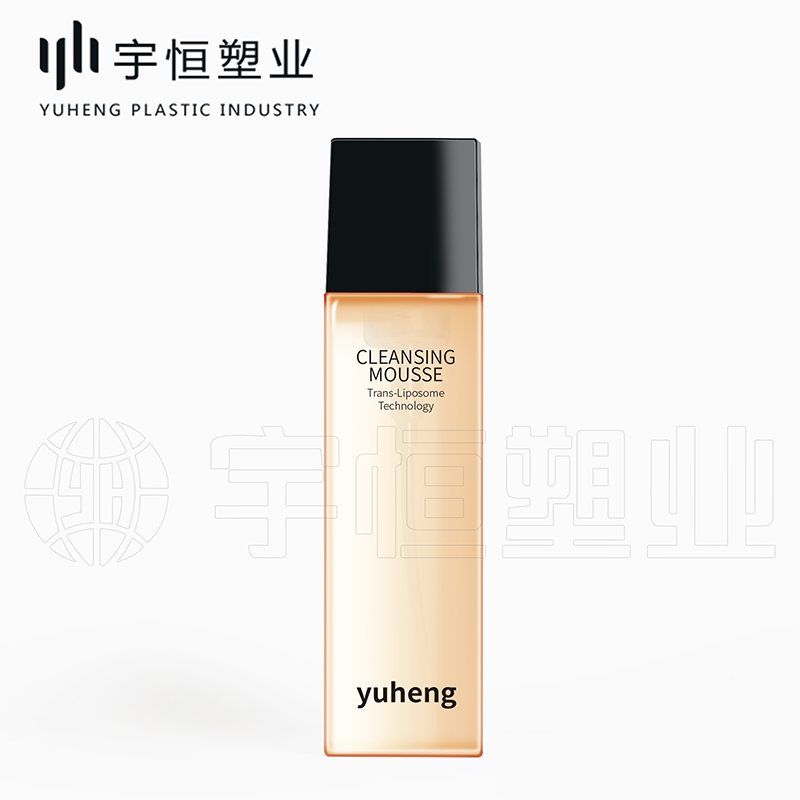
In summary, for the inspection and quality standards of plastic cosmetic packaging, we need to pay attention to multiple aspects, including packaging integrity, label specifications, material selection, sealing performance, barrier performance, heat resistance, cold resistance, and user experience. Only through strict quality control and packaging design optimization can we provide consumers with safe, reliable, and efficient cosmetic products, thereby winning their trust and loyalty.




